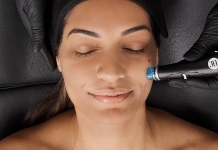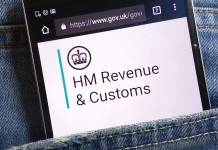UPDATED: Latest UK-wide beauty and hairdressing guidelines
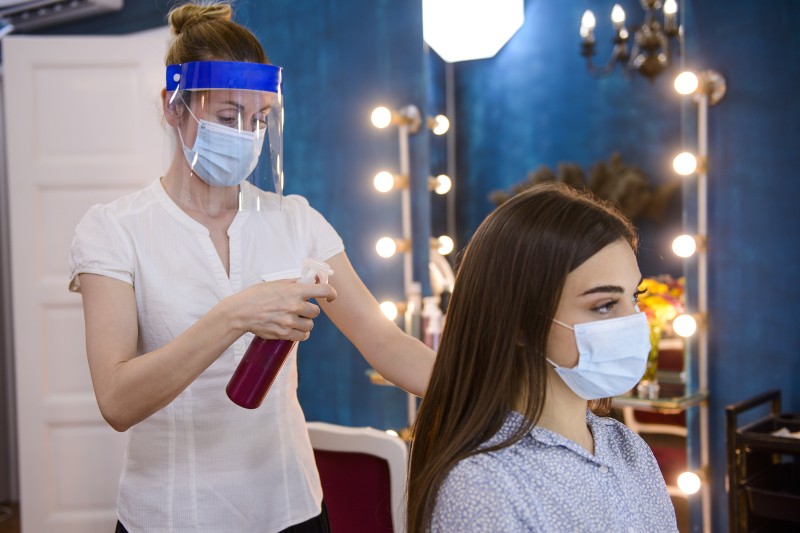
With different areas of the UK operating under varying COVID-19 restrictions, beauty and hair professionals across the country are working under different guidelines. Each devolved region - England, Scotland, Wales and Northern Ireland - is operating with different restrictions so it's important you keep up to date with where you live and work.
As always, you must check local guidelines with your Local Authority, ensure your business operates in a safe way in line with government guidelines, and continue to keep your clients, staff and yourself safe.
Here's a round-up relevant to where you work:
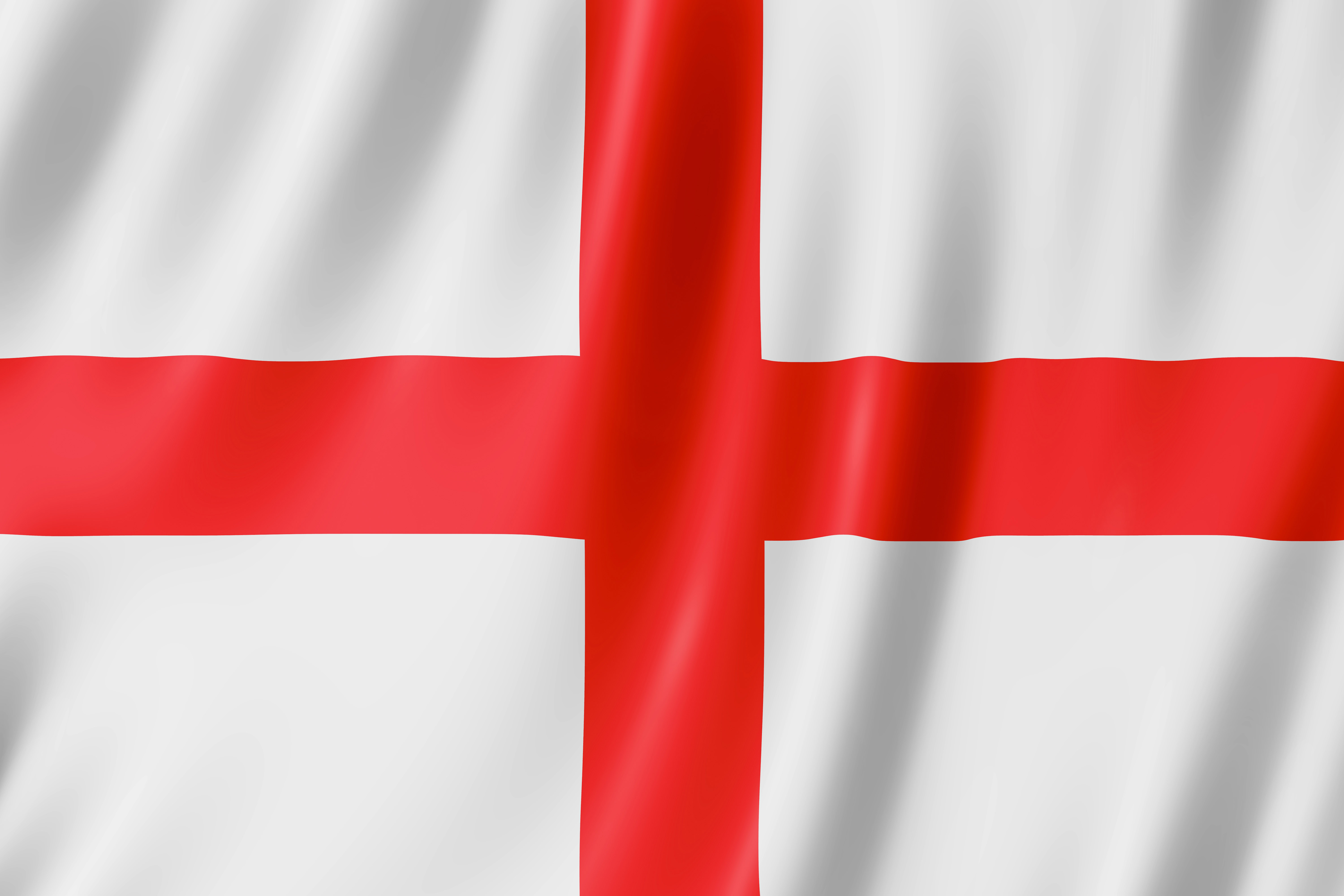 England
England
Beauty and hair business, salons, barbershops, spas and mobile services in England may operate without COVID-19 restrictions.
There is no longer a legal requirement to wear a face covering however people are advised to wear one in crowded and indoor spaces where they may come into contact with people they do not normally meet.
In addition, their ‘Priority Actions' guidance includes carrying out a risk assessment and sharing this with staff, providing adequate ventilation, carrying out adequate cleaning of premises, turning away clients with COVID-19 symptoms or who have a positive COVID-19 test. In addition, they encourage salons to continue to display the NHS Test and Trace QR Code poster and to ask clients to ‘check in' using the app, although this is not a legal requirement.
For more information:
https://www.gov.uk/guidance/working-safely-during-covid-19/shops-branches-and-close-contact-services
Updated: 27th January 2022
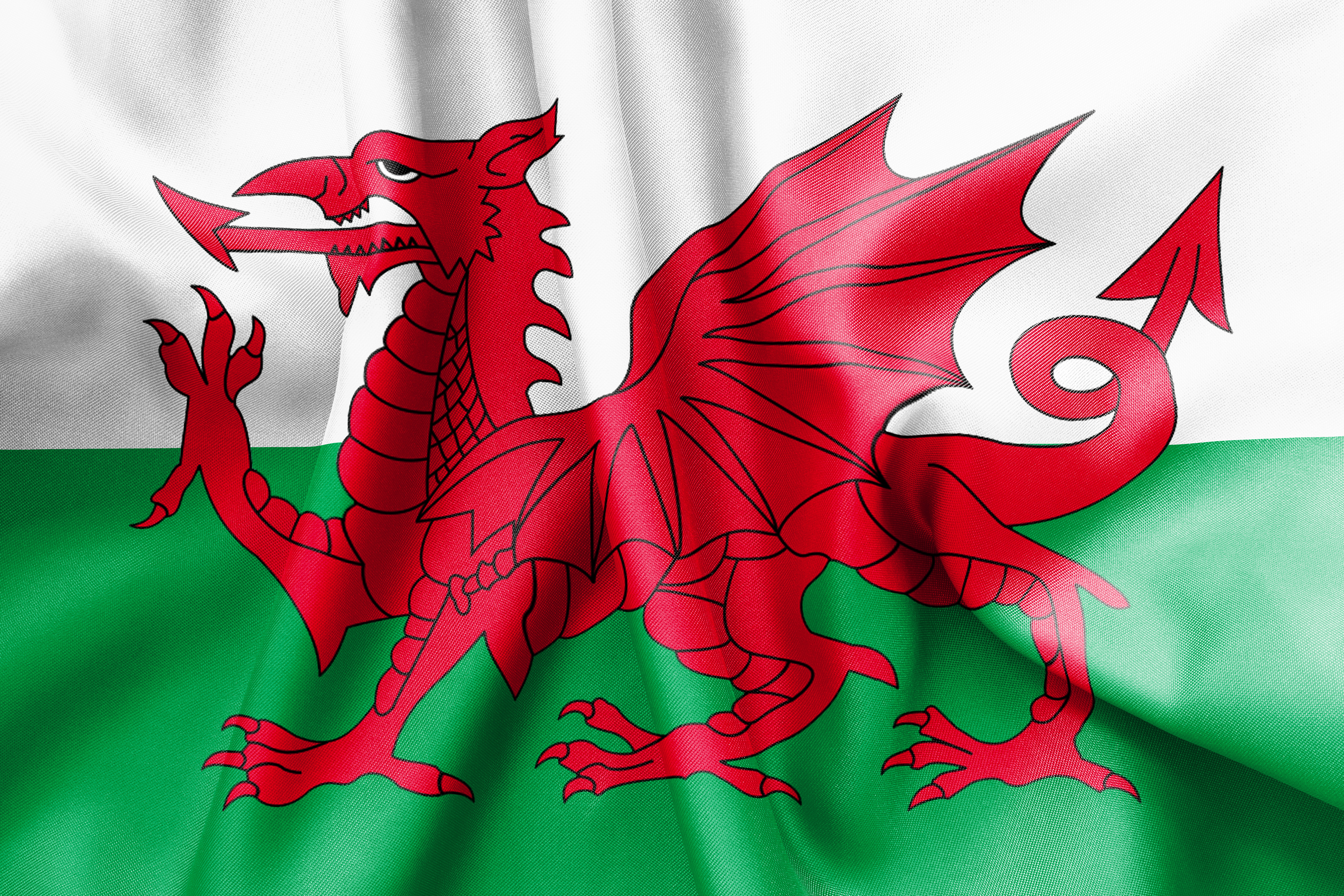
Wales
Wales is currently operating under Alert Level 2, where beauty and hair business, salons, barbershops, spas and mobile services in Wales may operate under COVID-19 guidelines.
The wearing of face masks is mandatory in Wales (except for those with medical exemption), including in salons, and it is recommended that these should be “fluid resistant surgical face masks or other proper respiratory protection (such as FFP2 and FFP3 grade masks or PAPR helmets) as may be advised in certain circumstances, for example in health or social care settings or other close contact services (where indicated by guidance).”
Social distancing of two metres is also in place and should be observed, except where contact is essential (e.g. personal services).
For more information:
https://gov.wales/alert-level-2-guidance-employers-businesses-and-organisations-html
Updated: 15th January 2022
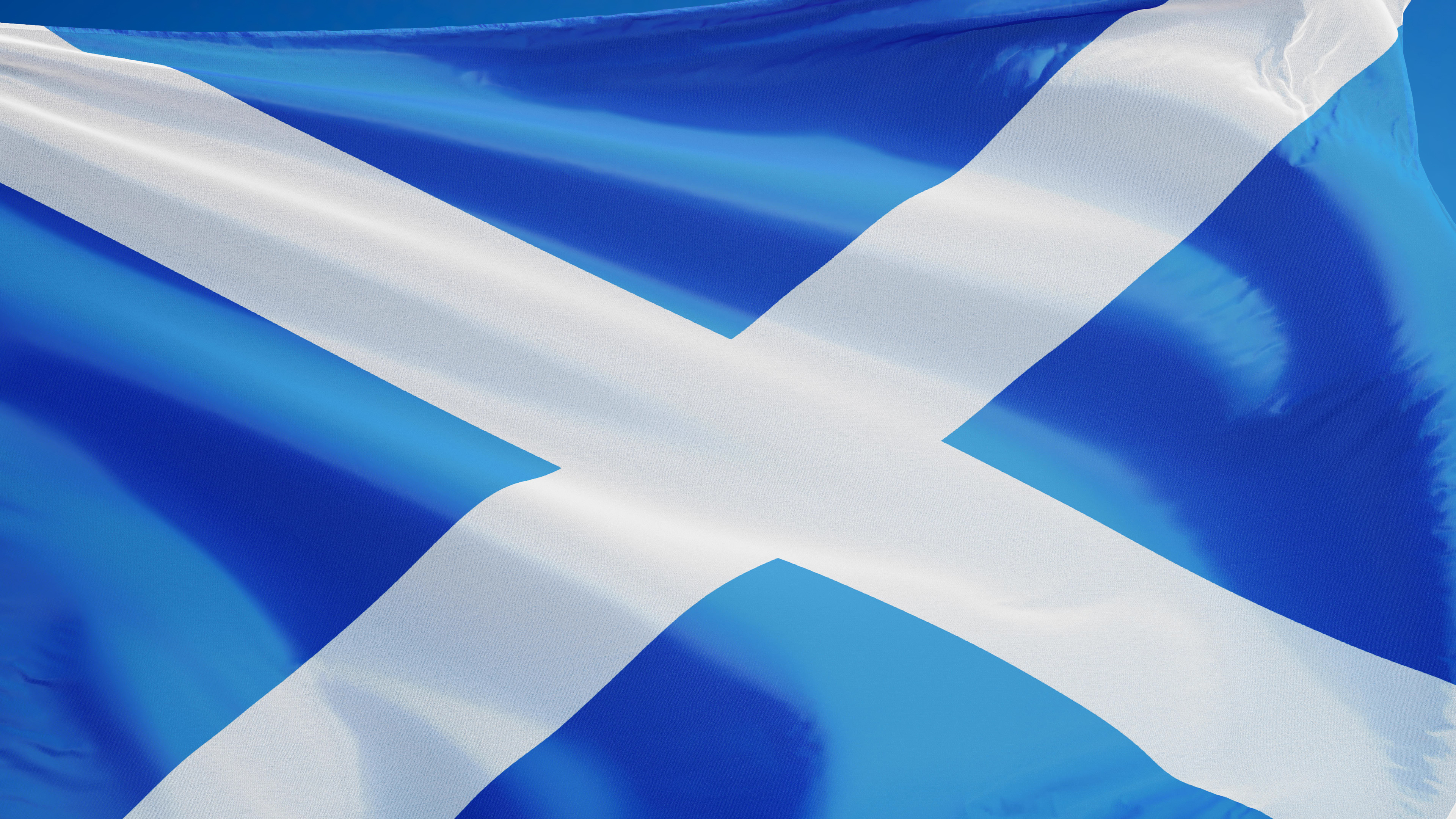
Scotland
Beauty and hair business, salons, barbershops, spas and mobile services in Scotland may operate under COVID-19 guidelines.
In Scotland, the wearing of face coverings is mandatory (apart from those medically exempt) in most indoor public places including during close contact services. The government guidance states:
"a client/customer may temporarily remove a face covering to allow access to their mouth or nose area, as long as the person/practitioner providing the treatment/service is wearing appropriate personal (PPE) protective equipment"
Therapists are advised to wear a Fluid Resistant Surgical Face Mask (Type IIR mask) and eye protection (goggles or a full face visor) when carrying out a treatment that requires the client to remove their own face covering.
Locations offering spa pools, hydrotherapy facilities, saunas and steam rooms must take measures to ensure, so far as reasonably practicable, that a distance of at least one metre is maintained between any persons (apart from those from the same household or a group formed of more than one household) including restricting the number of people in the premises to make this possible.
For more information:
https://www.gov.scot/publications/coronavirus-covid-19-close-contact-services/
Updated: 13th January 2022
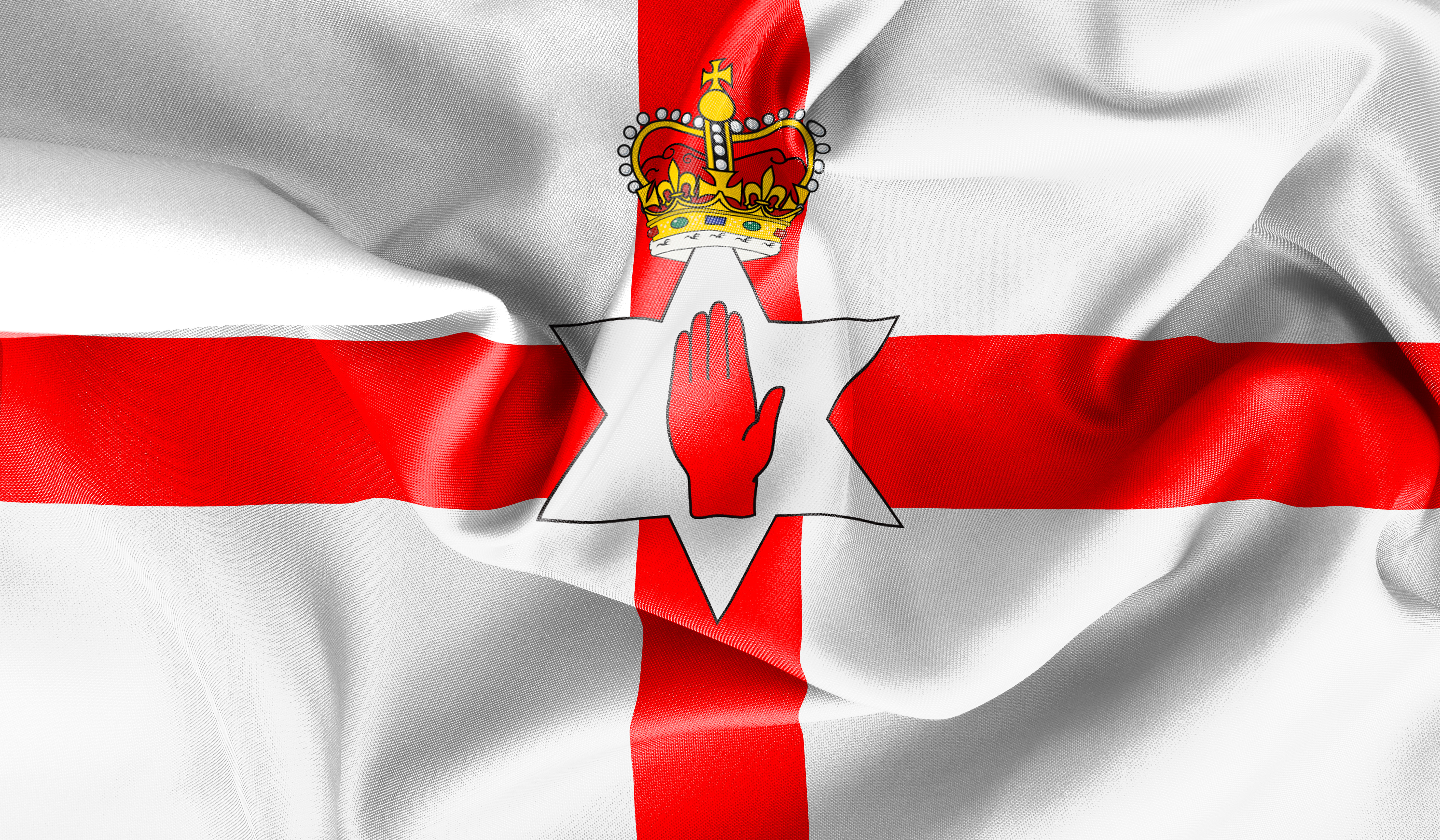
Northern Ireland
Beauty and hair business, salons, barbershops, spas and mobile services in Northern Ireland may operate without restrictions from 15th February 2022.
For more information:
www.nidirect.gov.uk/articles/coronavirus-covid-19-regulations-and-guidance-what-they-mean-you
Updated: 15th February 2022
As always, you must check local guidelines with your Local Authority, ensure your business operates in line with government guidelines, and continue to keep your clients, staff and yourself safe.

-13546.png)

